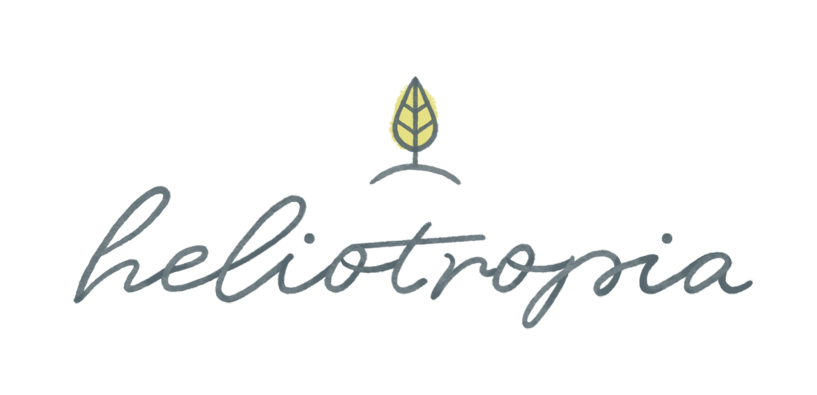Building Connection and Presence
Relationship are fundamental to human wellbeing.
(image credit: Hannah Busing At Unsplash)
Are you ready to dive into relationships and explore how to find true presence and connection with ourselves, with one another and with our habitat?
It must start with us. We are then able to allow the knowledge and practice to ripple out to others and to our habitat.
We humans have one really, really significant job during this one precious life.
We are here to co-regulate one another’s nervous systems. This is something I’m completely passionate about and spend my days consciously considering and crafting. Sure, it’s not romantic when we put it this way but co-regulation is seriously our most important role. At home, at school, at work, in our extended family groups, in our communities, online and offline, throughout our lives. We call this calm, grounded ‘rest and digest’ state homeostasis.
When we do this successfully for one another, we become able to self-regulate our behaviour and this helps us to build better relationships. Without self-regulation, let’s face it, we are not much fun to be around. Take a second and think of someone in your life who consistently puts you on edge. How well do they regulate their own behaviour would you say? Now think of someone whose mere presence has a calming and emotionally safe effect on you. Would you say they are reasonably adept at self-regulation? My guess is you would.
When we are continually triggering one another’s senses and tipping one another out of homeostasis and into flight/freeze/fight or fawn (AKA defence mode) something has to change or loneliness and isolation may be the long-term consequence. We’re simply not thriving when this is our modus operandi and neither are the people around us. In the game of life, triggering others and tipping them into defence mode is like playing the greatest losing hand of all. We need one another to stay close not to be driven away.
When we understand homeostasis, we can’t help but intentionally craft our days around keeping our autonomic nervous system calm and stable as much as possible. This ‘rest and digest’ state is just so critical for our physical and psychological wellbeing. It’s importance simply cannot be overstated. When we combine this knowledge with our relationships, the evidence is overwhelming. If people don’t feel calm and stable (ie: in homeostasis) in our presence, they’re going to move away from us.
Unconsciously or otherwise, all humans (all living things in fact) seek the heliotropic effect - we tend towards what enables life giving health and wellbeing and we move away from what drains and depletes us. Once we know and understand this, we find ourselves turning away every time from the depleting options.
Do we have a right to tip others out of homeostasis? It’s a big NO from me and it’s taken me years of study and practice to have the courage to set very firm boundaries around this in my own life. Just try pushing them and you’ll see what I mean. It can be jarring for people around us when we set boundaries however not setting them means there is no use-by date on the alternative.
During this month’s webinar, we shone a light on the autonomic nervous system and its relevance to relationships. We explored its ability to both protect us and keep us in homeostasis. The Poly Vagal Theory work of Stephen Porges PhD, in particular was highlighted, alongside the work of Deb Dana, Jon Kabat-Zinn and Rick Hanson and others.
Understanding the poly vagal system is absolutely fundamental to building awareness of the quality of our relationships. It gives us language around what our bodies already sense and feel. We all know that feeling when we are out of kilter when it comes to relationships but we don’t always know what to do next or how to get things back on track.
If you would like a copy of the recording of this webinar for a small fee, just reach out.
Lisa Barker
Heliotropia - Turn Towards The Sun
If this post was helpful or you know someone who might benefit, please share it with a friend.

